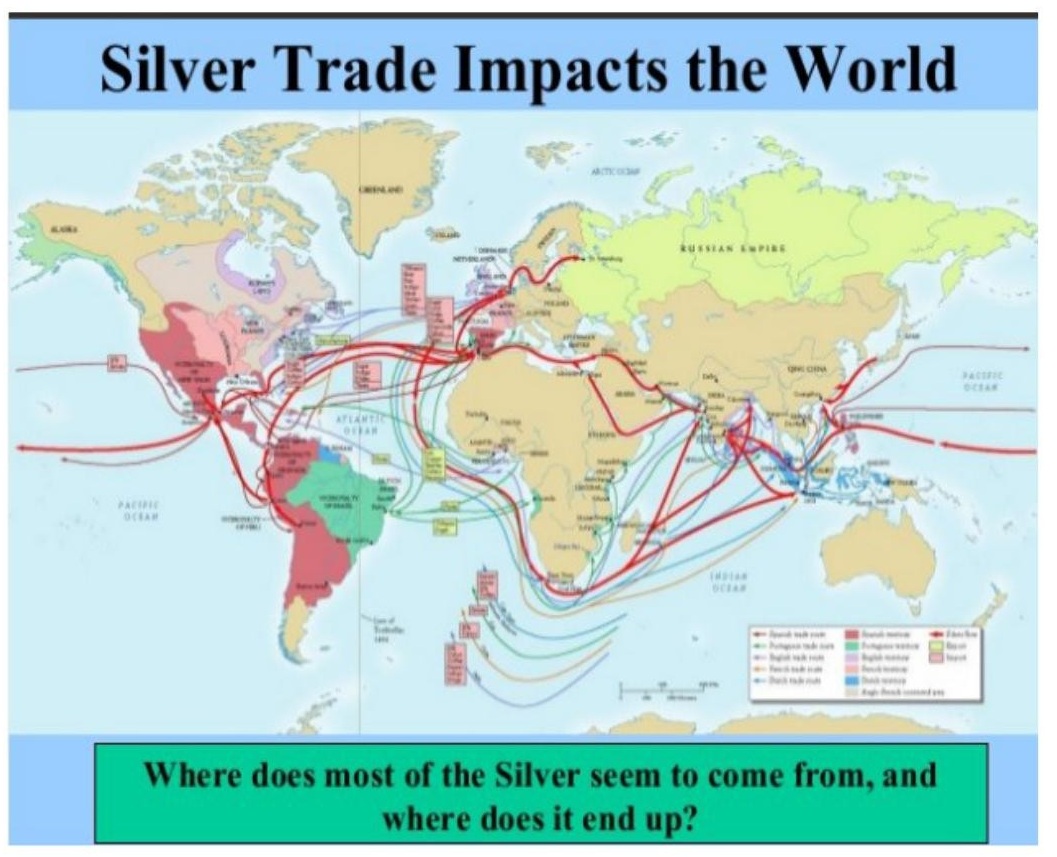By Yann Kostic and Tom Zachystal from the June 2018 Edition
If you have been living south of the border for any amount of time, you already know that more and more people move to Mexico. But did you know that the average age is dropping quite quickly and that quite a few still own businesses NOB or are simply running their business on line? Since reducing taxable income is an important part of running a small business, here are two key ways to do it.
1. Open a Retirement Plan (or increase your contributions) First, you can open a retirement plan, such as a SEPIRA, SEP 401(k), SIMPLE IRA, or SIMPLE 401(k). Qualified retirement plans such as these benefit employees and employers alike.
Although each plan works differently, any contributions you make as an employee are excluded from your taxable income. The money you put into a plan grows, tax-deferred, until you retire. Then, distributions and earnings will be included in your taxable income.
If you’re an employer, your contributions to qualified retirement plans are generally deducted from your business’s in-
come.
2. Use the New Tax Law
Additionally, thanks to the Tax Cuts and Jobs Act of 2017, which went into effect in January 2018, there’s another way to reduce your business’s taxable income.
The new law allows pass-through entities (business entities that are not taxed at the entity level) to take a deduction of 20% against their business income. This essentially reduces the effective top rate on pass-through entities’ income by roughly 10 percentage points over pre-2018 tax law.
Of course, nothing that involves taxes is ever easy. Claiming the new 20% deduction requires navigating a tangle of barely comprehensible requirements and limitations that make it far from accessible to small-business owners. For example, single filers who earn less than $157,500 and married filers who earn less than $315,000 may take the deduction regardless of their field of business. However, after taxable income passes those thresholds, individuals operating service businesses, such as doctors, lawyers and architects, may not be able to take the deduction. Of course, nothing that involves living/working overseas is ever easy. There are specific rules to follow, but if you do it the right way, it can be quite rewarding.
A financial professional can help you determine which of these options is best for your business (and you’re your financial well -being).
Note: This material has been prepared for informational purposes only, and is not intended to provide financial advice for your particular situation.
Yann Kostic, MBA and Tom Zachystal, CFP, are Presidents of their respective As-sets Management firms, both US-Registered Investment Advisors (RIA). Tom is the San Francisco Financial Planners’ Association President. Tom and Yann cater to US expats in Mexico and worldwide. Comments, questions or to request his newsletter, “News you can use” contact him at yannk@atlantisgrp.com, in the US at (321) 574-1 529 or in Mexico, (376) 106-1613.
Download the full edition or view it online




